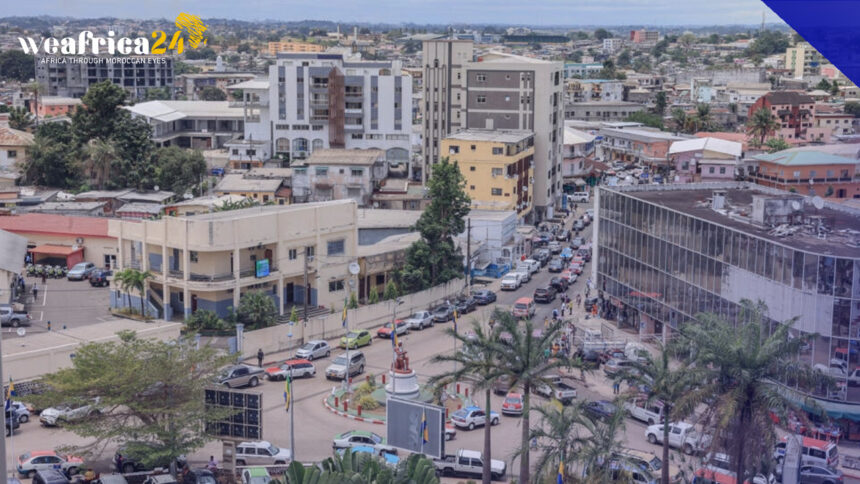The Inclusive National Dialogue begins this Tuesday, April 2nd, in Libreville. Over a month, nearly 600 individuals, including politicians, civil society members, religious leaders, military personnel, and others, are set to deliberate on comprehensive reforms for the country, seven months after the coup that ousted Ali Bongo’s regime.
Choirs, songs, music, renowned artists, and speeches are on the agenda at the Palais des Sports in Libreville, where the official ceremony is expected to draw thousands of attendees.
The substantive discussions will commence on Wednesday, April 3rd, at the Angondjé Stadium, where participants will convene in plenary sessions to adopt final texts and finalize the working method. The approximately 600 participants will be divided among three commissions: political, economic, and social, each further subdivided into a dozen sub-commissions.
The selection of participants has raised eyebrows. The dialogue bureau, responsible for steering the month-long discussions, is predominantly composed of religious figures “for reasons of independence,” as explained by Mays Mouissi, Minister of Economy, who will be participating in the event.
Around 125 representatives from political parties will be present, with the government granting only one member per party. However, the military will be strongly represented, with 64 members from the CTRI, the junta’s body. NGOs, teachers, youth, trade unionists, and persons with disabilities will also have representation.
Nevertheless, notable absences have sparked criticism. Key figures, including institutional leaders, the Prime Minister, Presidents of the Senate and the Assembly, as well as politicians like former candidate Albert Ondo Ossa, and party leaders, have not been invited. Thus, in the eyes of some individuals, this constitutes an exclusive rather than inclusive dialogue.
Richard Moulomba Mombo, one of the fortunate political leaders invited to the dialogue, hopes to exert significant influence to advocate for the priorities of his party, the Alliance for National Renaissance. “For us, the priority issue is related to the mechanisms ensuring electoral transparency. Alongside this, the Bongo system, which is the real scourge of our country, must be dismantled,” he argues.
In recent days, the Coalition for the New Republic, close to opposition leader Jean Ping, has criticized the preparation of the dialogue. Vincent Moulengui Boukosso, who will lead the delegation, issues a warning to the military. “We will participate in this dialogue, not to simply agree with everything, but to advocate for the revision of the electoral system’s constitution and the establishment of a Truth, Justice, and Reconciliation Commission.”
Guy Nzouba Ndama, President of the Democratic Party, is one of the prominent figures in Gabonese politics who has been excluded. “I do not feel frustrated at all. It is part of their philosophy,” he says, conciliatory.
Journalist associations and many other parties who feel overlooked remain hopeful. Even just hours before the dialogue’s opening, they continue to call on Transition President Brice Clotaire Oligui Nguéma to review the list of participants. Authorities have responded that, overall, parties still have more than 100 representatives, emphasizing the need to renew Gabon’s political class and not consistently have the same leaders present for decades.







